August 16, 2022
Employees at large firms only in office for 1.5 days a week on average
 A global study of nearly 80 offices in 13 countries with nearly 80,000 employees has revealed a seismic shift in working pattens, with people now coming into the office an average of just 1.4 days a week, versus nearly four days a week before the Covid-19 pandemic. The Advanced Workplace Associates (AWA) Hybrid Working Index study [registration], conducted during June and July this year, found that on an average day two thirds of desks are unused and just over a quarter of people are coming into the offices, with the attendance figure dropping to just 12 percent on Fridays. (more…)
A global study of nearly 80 offices in 13 countries with nearly 80,000 employees has revealed a seismic shift in working pattens, with people now coming into the office an average of just 1.4 days a week, versus nearly four days a week before the Covid-19 pandemic. The Advanced Workplace Associates (AWA) Hybrid Working Index study [registration], conducted during June and July this year, found that on an average day two thirds of desks are unused and just over a quarter of people are coming into the offices, with the attendance figure dropping to just 12 percent on Fridays. (more…)






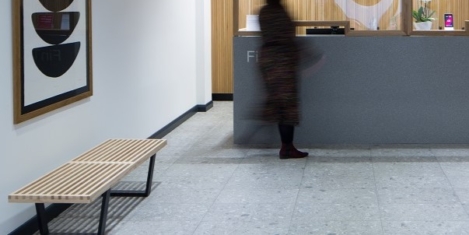
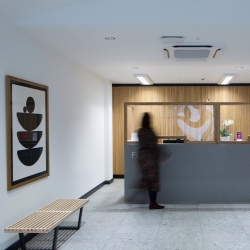


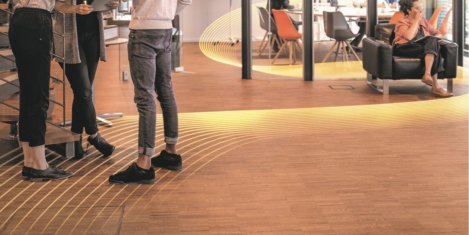
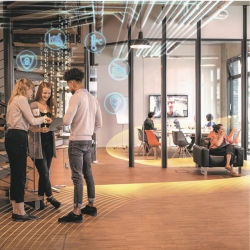




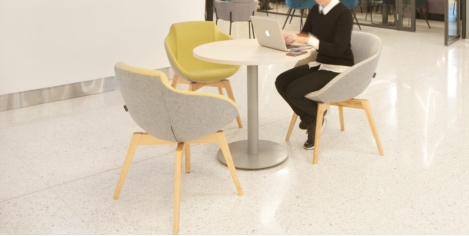
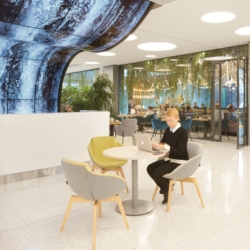

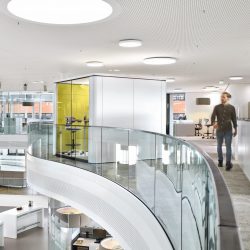 The current debate about how much space we will need in the office from now on is not new. As with many of the debate’s facets, the point at which we find ourselves has long been our destination. We’re just here earlier than we might have expected.
The current debate about how much space we will need in the office from now on is not new. As with many of the debate’s facets, the point at which we find ourselves has long been our destination. We’re just here earlier than we might have expected. 













August 5, 2022
The four day week might be the wellbeing solution workers need
by Mark Hall • Comment, Flexible working, Wellbeing